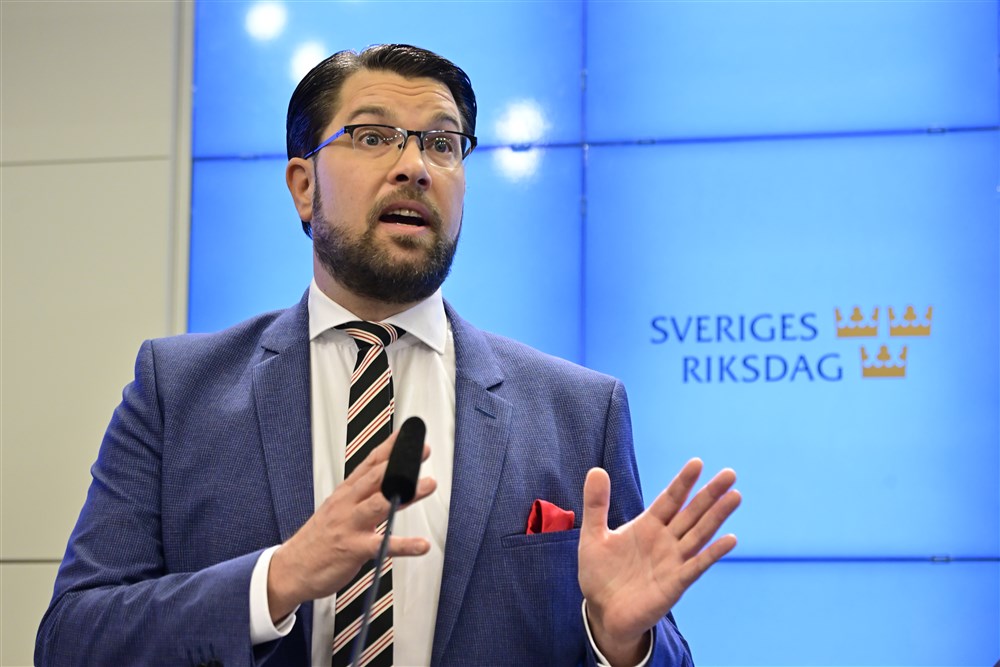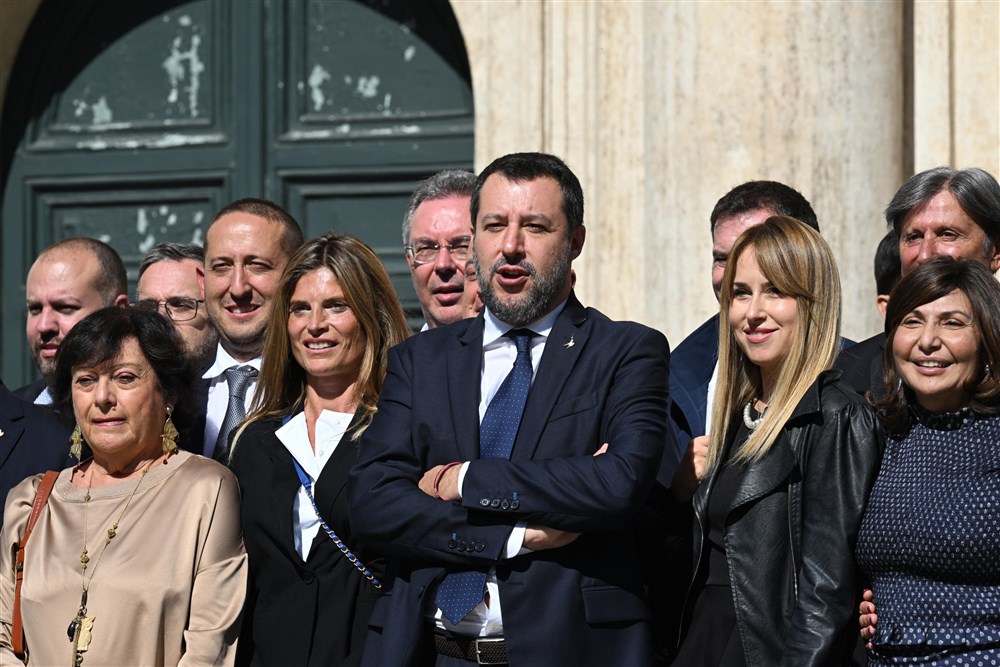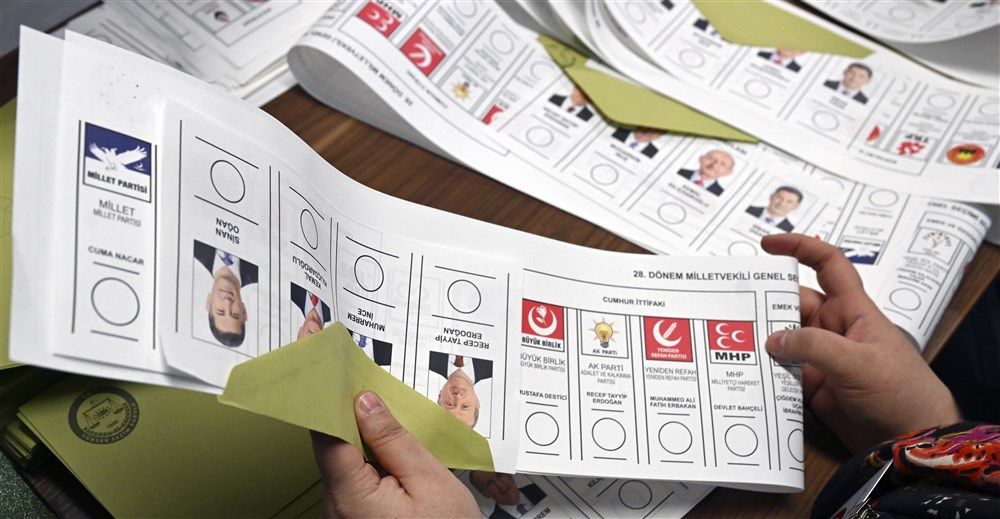The European Commission should look closer to home with its new anti-corruption legislation, says a prominent Euro MP.
While keen to sanction Member States for alleged acts of fraud, the Commission is less worried about effective fraud-combatting measures that can be applied to the EU institutions, according to Daniel Freund, co-chair of the Parliament’s Intergroup on Anti-Corruption.
Talking to the Brussels Signal, he voiced scepticism about the proposal. “What the EU Commission is presenting today as a major achievement is at best small progress”, Freunds said, adding that the EU must no longer be “a safe haven for corrupt money”. Freund said he was satisfied that oligarchs and criminals who have become billionaires through corruption will soon have to face sanctions, but pointed out that the fight against corruption involves much more than harmonising definitions or entry bans for Russian oligarchs.
Freund wants to see a better-equipped European Public Prosecutor’s Office (EPPO) and lobby rules in the EU institutions being enforced via an independent ethics body. On the Qatargate fraud scandal, he noted that there was nothing in the legislative package that would prevent MEPs from allegedly committing the same crimes. “The best tools for deterrence are asset declarations, good oversight, and strong protection for whistleblowers,” he said, adding that there are currently different cooling-off provisions for Commissioners and MEPs.
Euro MPs are only restricted from accessing the European Parliament for six months after leaving, he said. For commissioners, the two-year cooling off period “is not really enforced”. Former Commissioner Oettinger took up 19 jobs while “cooling off”, seven of which were with organisations on the lobby register, including his own lobby consultancy. “That is why we need an independent ethics body enforcing these rules.”
Another issue is that Olaf, the European Anti-Fraud Organisation, cannot request the lifting of an MEP’s immunity. “That should be fixed.” However, Freund pointed out that “Olaf does not make an independent ethics body obsolete. Olaf is for everything concerning EU funds. The ethics body is for the code of conduct.”
Freund also wants the rule of law mechanism to be used more, and not only against Hungary. “It should be used in all cases where the criteria in the regulation are fulfilled. If there are problems with the independence of the judiciary, if cooperation with EPPO does not work, if corruption is rampant, the Commission should use it. The most obvious other case is Poland. But the Commission itself points to other Member States with issues in its rule of law report”.
The European Commission launched its anti-corruption proposals on May 3. The Commission claims the package represents a milestone in the fight against corruption. There is a heavy emphasis on harmonisation, transparency, and targeting corruption worldwide.
The EU Commission is also working on so-called ‘Magnitsky sanctions’ which would make sanctions against individuals outside the EU possible in cases of corruption.
Corruption is like cancer.
If left to run rampant, it will suffocate our democratic society and destroy its institutions.
Today, we take decisive action to tackle it in the EU and worldwide, delivering on the commitment made by President @vonderleyen in the last #SOTEU.
— European Commission (@EU_Commission) May 3, 2023
In my State of the Union speech, I promised that we will step up our fight against corruption at home and abroad.
Today, we deliver an anti-corruption package, for healthy democracies and societies, that citizens can trust. pic.twitter.com/MpsKjsGszk
— Ursula von der Leyen (@vonderleyen) May 3, 2023
Corruption is a serious threat to democracy and the rule of law.
With our anti-corruption package, we are stepping up at national and EU level.
For healthy democracies and societies, that citizens can trust.
Learn more ↓
— European Commission (@EU_Commission) May 4, 2023





